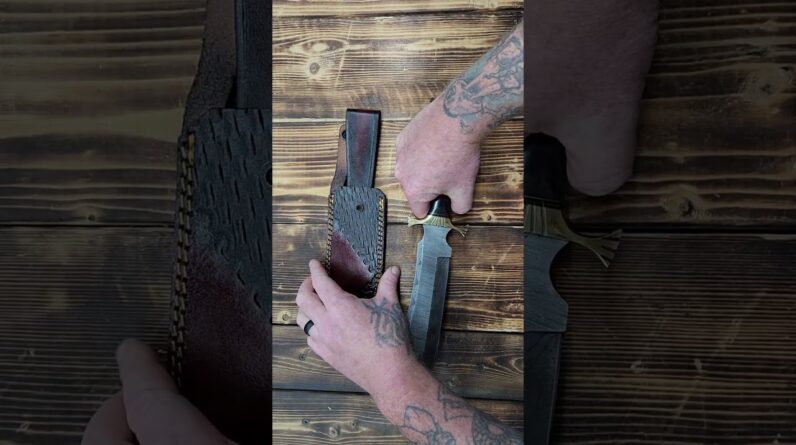
Survival Prepping Supplies – A Doomsday Prepper’s Guide
As the name suggests, survival prepping is the preparation of a home, office, or other space that will allow you to survive in a disaster. It involves stocking supplies, medicine, water, and entertainment in order to live on in a weakened society. Of course, this preparation is not possible in an apartment building, as it only contains a certain amount of food, water, and other necessities. It also poses a high level of vulnerability and is often too crowded.
The most common disruptions to human life are medical emergencies and financial crises, and a sane prepper should plan for these first. In the US, personal financial health statistics are shockingly poor. For example, half of all adults can’t handle a $500 emergency without using their credit cards. Similarly, urban areas may be easier to loot, resulting in increased crime and looting. This is why the preppers should make plans that address the most common threats and avert them altogether.
For those interested in learning more about the topic of survival prepping, a good place to start is with the American Preppers Network. The site features articles, video, and commentary by a team of contributors and a lead author, Pat Henry. Another good resource is the Gray Wolf Survival blog. The site is run by a Combat Veteran who specializes in survival topics and has written four books. Alternatively, you can check out the American Preppers Network, which has a large library and is run by a group of contributors.
A good resource for prepping tips and information is Ask a Prepper, which excels in all areas of how-to. The site is an incredible resource for learning all kinds of things about preparedness and survival, including food and weapons. The site also features alternative news and provides information about how to survive in a disaster. Having an active account on Ask a Prepper is a true sign of a prepper, so follow the advice of their community and become a member.
Creating a blog is a great way to build rapport with your community and bring new business to your survival prepping business. As a survivalist, your blog should exude a feeling of safety and security. Make sure that your posts reflect your understanding of the types of crises that drive the survival prep industry. Don’t take advantage of customers’ need to protect their loved ones. Focus on quality and trust. They’ll come to you in a time of crisis.
A good go-bag will contain a variety of essentials in case of a crisis. One of them is a knife. It’s vital to know how to safely prepare and store meat and other meat for later use, as you won’t be able to eat a whole deer in two days. It’s also important to learn how to make and store vegetables and fruits so that you can enjoy the fruits of your labor.
If you’re thinking of starting a prep list, you’ll find a wealth of information on the Internet. One great place to start is Prepper Survive, a website that helps you prepare for an emergency or disaster situation. The Prepper Website hosts articles on emergency preparedness, survival, and news. It’s also run by an ordained minister and focuses on the teaching of survival skills. If you’re unsure how to get started, check out Prepper Survive for a simple, easy to follow guide to survival prepping.
If you’re a new prepper, many people in online forums will ask you what you’re preparing for. Often, people in these forums will tailor their supplies to specific events. That can be a helpful way to stay grounded and avoid a doomsday mindset. Remember, however, that no matter how well-meaning your intentions, survival prepping is only effective if you’re consistent and disciplined. Remember, a sudden panic could have catastrophic effects, including a bank run during the Great Depression or the outbreak of another Civil War in the United States. If you’re a medical prepper, stockpiling your medicine is essential to keep you healthy and safe.
A prepping checklist should include reasonable disasters and events that could affect your area. Whether you’re preparing for a hurricane, earthquake, or a volcano, the location you choose can give you an idea of what to stockpile. Consider the climate and geography of your area in order to avoid major roads being destroyed. Likewise, consider the local infrastructure and domestic situation. And remember to prepare for home defense. And remember, there’s a market for survival preppers.






